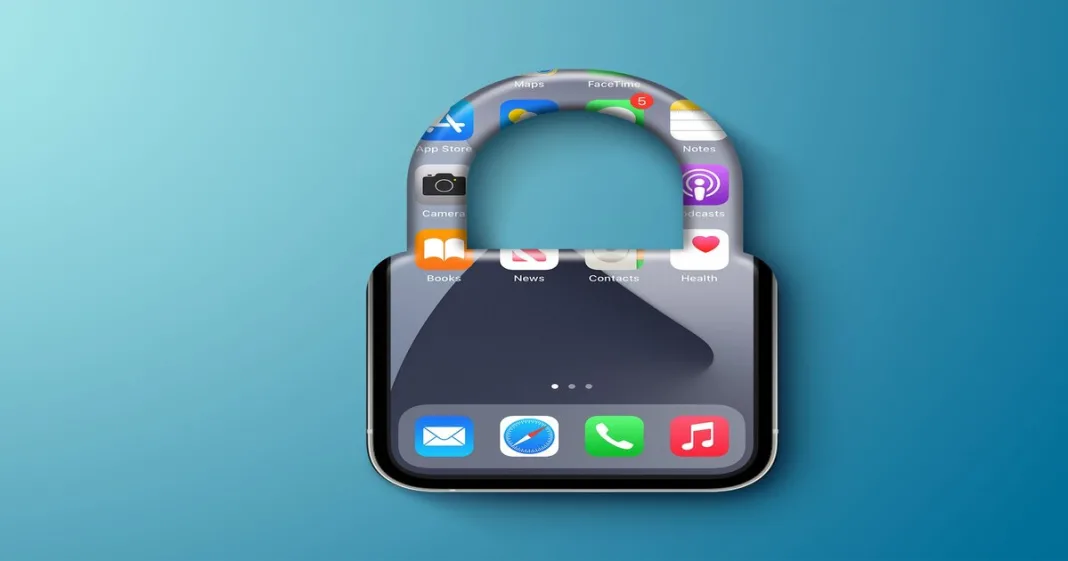Apple has recently issued an urgent warning to iPhone users, highlighting a surge in phishing attacks and sophisticated spyware threats. As cybercriminals increasingly target individuals, especially the elderly, with deceptive tactics, the tech giant has provided essential guidelines to help users safeguard their personal information.
Rise in Phishing Attacks
Phishing attacks have become more prevalent, with hackers employing various techniques to deceive users into revealing sensitive information. These scams often involve fake emails mimicking legitimate companies, misleading pop-up ads, and convincing phone calls—a practice known as “spoofing.” The New York Post reported that scammers frequently spoof phone numbers, making them appear as if they are calling from reputable companies like Apple. They typically claim urgent issues such as a compromised iCloud account to gain the victim’s trust.
Read More: Apple finally listens: iPhone 16 to feature user-friendly battery replacement
Apple’s recent memo warns users to be cautious of such deceptive practices. “Scammers use fake Caller ID info to spoof phone numbers of companies like Apple and often claim that there’s suspicious activity on your account or device to get your attention,” the memo states. It further cautions users against falling for flattery or threats designed to pressure them into divulging personal information or making payments, including Apple gift cards.
Preventing Cyberattacks
To protect against these cyber threats, Apple advises users to scrutinize emails and messages for inconsistencies, such as URLs that do not match the company’s website or requests for sensitive information. Users should never share personal details like passwords and should avoid entering them on suspicious web pages.
Two-factor authentication is recommended as an additional security measure, prompting a second account or device to verify a login. Apple also advises against downloading unverified software, calendar invites, and opening popups that could be malicious.
Alert on Mercenary Spyware Attacks
In a separate but related concern, Apple has issued new threat notifications to iPhone users in 98 countries, warning them of potential mercenary spyware attacks. This marks the second such alert campaign from the company this year, following similar notifications sent in April.
Since 2021, Apple has been regularly sending these notifications, reaching users in over 150 countries. The latest warnings, issued on Wednesday, did not disclose the attackers’ identities or the specific countries where users received notifications. “Apple detected that you are being targeted by a mercenary spyware attack that is trying to remotely compromise the iPhone associated with your Apple ID,” the company stated in the warning. “This attack is likely targeting you specifically because of who you are or what you do.”
Threat of Spyware
iPhones, while generally more secure than their Android counterparts, are high-value targets for hackers due to their popularity. Spyware attacks, particularly those involving sophisticated tools like the Pegasus spyware developed by Israeli firm NSO Group, pose significant risks. These attacks can completely compromise a device, extracting sensitive data without the user’s knowledge.
Apple’s alerts are part of its ongoing efforts to protect users from such threats. The company advises those who receive these warnings to take them seriously and consider enabling Lockdown Mode, a feature designed to limit certain functionalities to minimize vulnerabilities.
Read More: Apple teams up with OpenAI to enhance Siri
To enhance security, Apple emphasizes the importance of keeping devices updated with the latest software, which often includes critical security patches. Users who consider themselves high-value targets should also consider additional protective measures such as Google’s Advanced Protection Program.














